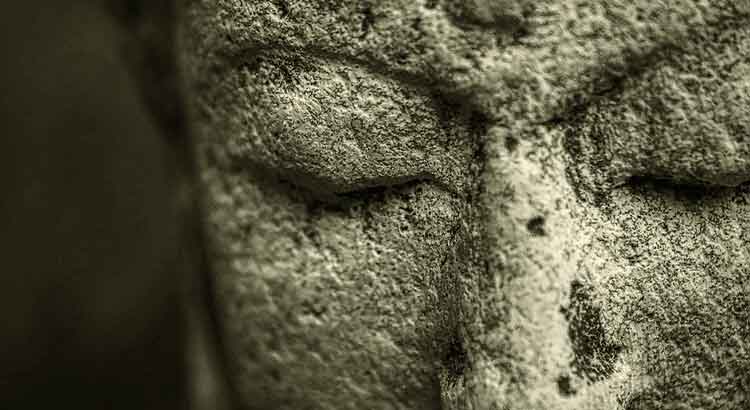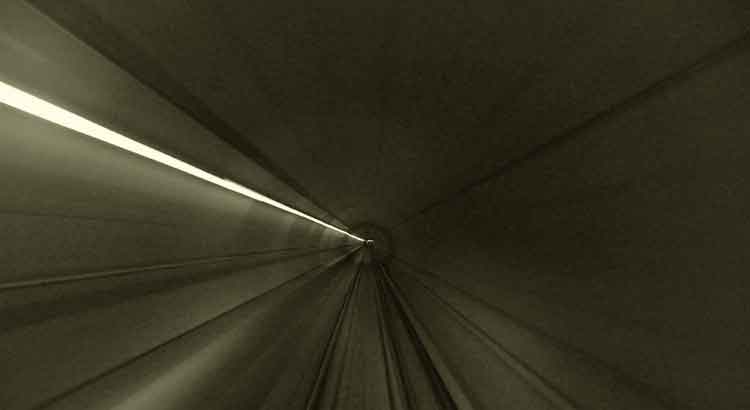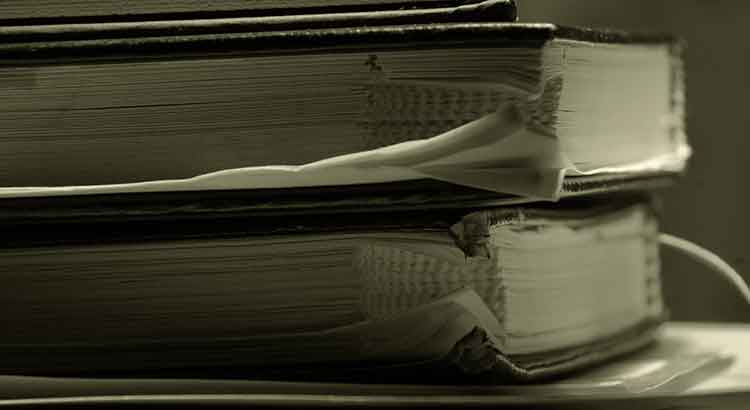Although it is useful to try to attribute meaning to the unconscious mental manifestations, it is necessary to establish a scale of importance for what is being discovered; otherwise, the mind throws the analyst into terrible confusion. It is a simple mistake to believe that the mind only reveals that which occupies the position of greatest momentary or extemporaneous relevance, that everything it evokes has a deep and very important meaning: a little attention and common sense is enough to verify this. If at times it evokes images of unquestionable significance, at others it only seems to be playing. So let it play…
Tag: psychology
The Creation of Imaginary Friends
As Fernando Pessoa wisely recommended, the creation of imaginary friends, the exercise of mental conversations that would never be carried out in life, the realization of the impossible by the mind, all this, besides the benefits from the infinite novelties, brings invaluable contributions to the organization of reasoning. It is a practice that tests limits, exposes counterpoints, broadens horizons, and fills the need arising from the limitation of experience. The mind is strengthened because it has exercised and learned more, thought takes on more solid contours, and the habit, with time, becomes a healthy, pleasurable, and irreplaceable psychic and existential need.
Although Much Is to Be Gained and Something Can Be Learned…
Although much is to be gained and something can be learned about the mind through dream interpretation, one must be very careful not to fall into the tempting stupidity of rationalizing the non-rationalizable. It is certainly very useful to be aware of what goes on in states where consciousness volatilizes; there is much to be learned and the exercise is quite stimulating. What one must not do is succumb to the logical need to attribute meaning to spontaneous, unpredictable, irrational manifestations. A careful study, with time, points out connections, coincidences, and perhaps one or another circumstantial or emotional archetype particular to the analyzed mind. The rest varies as experience, temperament, real-life circumstances, recent events, and also the unlimited imagination vary. Considering all this, it must be admitted that, although often misused, this is an intriguing study, to say the least.
Gradations of Mental Manifestations
There are times when the idea is of little worth—but should be noted;—on further reflection, however, it is fair to discard it. At other times the idea seems weak, but later, re-examined with renewed breath, something valuable is drawn from it, and the weak is shown to be an important spark. Other times the mind manifests itself clearly, and the idea seems fair—from these the bulk of a work is extracted. And still other times, the mind manifests itself with such impetus that the artist, by restraining it, and not immediately focusing on what it tries to say, commits a crime against himself, and wastes what he can best extract from his mental manifestations. Attention and method are not enough; for the best use of the mind, is needed a disposition that goes against what is convenient.



